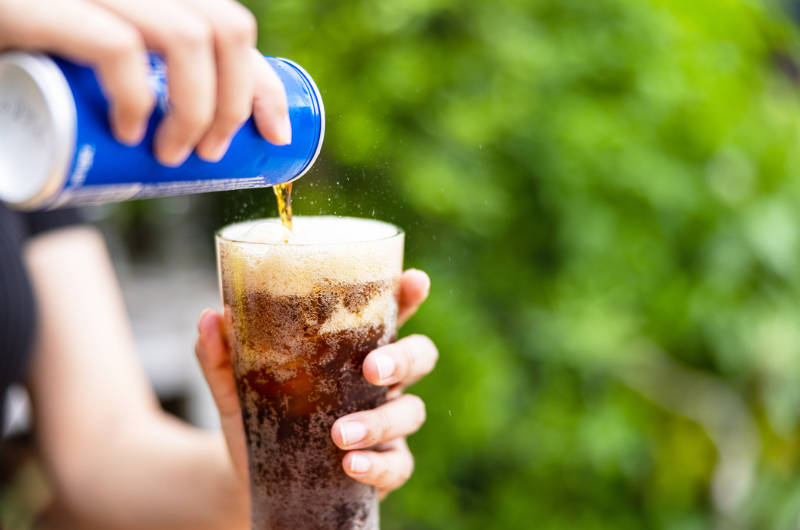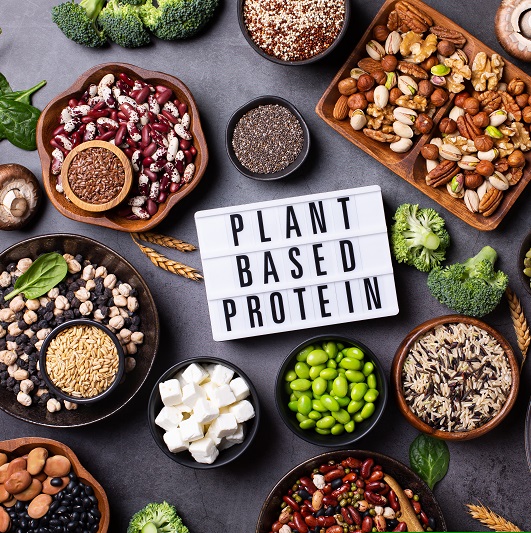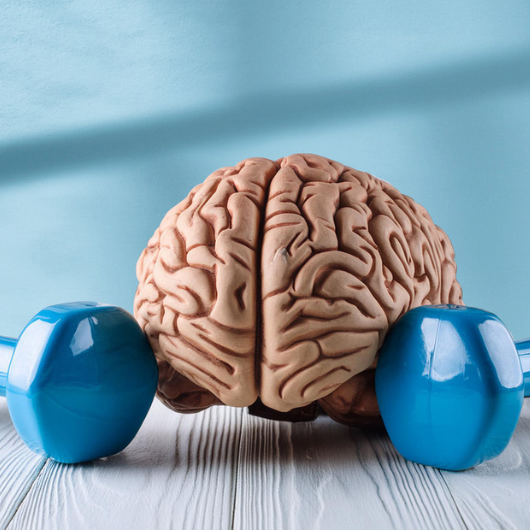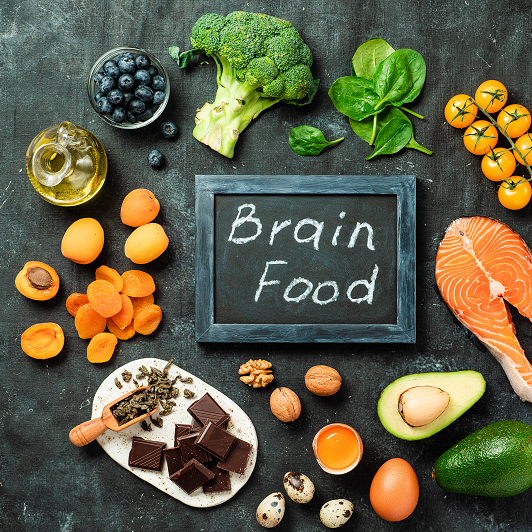Three Worst Drinks for Your Brain Health, According to Neurologists

August 26, 2025
You may have heard how important it is to eat foods that are good for your heart. But Jasdeep S. Hundal, PsyD, ABPP-CN, Director, The Center for Memory & Healthy Aging, Hackensack Meridian Jersey Shore University Medical Center, says it’s equally important to understand how nutrition can affect your brain.
“Your brain is literally built from what you put in your body,” he says. “Every bite, sip, or snack can either fuel your brain or slow it down. If you want to stay sharp, focused and mentally strong for the long haul, paying attention to your diet isn’t optional; it’s essential.”
In addition to eating a healthy diet, Dr. Hundal suggests being mindful about what you drink. Here are the top three drinks he recommends you avoid.
Diet Soda
How often do you reach for a diet soda because it’s calorie-free? Dr. Hundal says you may want to think twice.
“Many types of diet soda contain aspartame, which is questionable at best,” says Dr. Hundal. “Some research suggests aspartame can cause headaches, mood swings, anxiety and even cognitive issues over time.”
Dr. Hundal suggests trying something different if you drink several diet sodas daily. “Your brain has enough to deal with without extra chemical interference,” he says.
Aspartame: Healthy Alternative or Danger in Disguise?
Aspartame is an artificial sweetener used in many sugar-free products. It’s made up of two amino acids found naturally in meat, milk and some vegetables. Aspartame is considered artificial because the two acids must be fused together.
While it contains calories, very little aspartame is needed compared to sugar. Researchers have studied the side effects of aspartame for many years. The only confirmed side effect is the worsening of a rare genetic disorder that prevents important chemicals from reaching your brain.
The Food and Drug Administration says aspartame is safe to consume in moderation. It recommends no more than 50 milligrams per kilogram of body weight.
Wine
Red wine has long been considered healthy in moderation. Some research has shown that it could lower HDL cholesterol and blood pressure and even reduce depression. But, Dr. Hundal says, the conversation is shifting.
“Alcohol, even in small amounts, slows down brain function,” he says. “You feel relaxed, but your cognitive processing, decision-making and memory take a hit.”
Long-term effects of alcohol on your brain
Dr. Hundal also says that over time, alcohol can have serious effects on your brain.
“Long-term, alcohol is linked to brain shrinkage, memory problems, and increased risk of dementia,” he says.
Dr. Hundal advises against drinking wine for the ‘health benefits’.
“There are certainly healthier alternatives to drinking red wine,” he says.
Fruit Juice
It seems healthy, but fruit juice is basically liquid sugar without the fiber to slow it down. Excess sugar is bad for brain health; it fuels inflammation, messes with insulin regulation, and has even been linked to cognitive decline. Studies suggest high sugar intake can shrink brain regions related to memory. So, while fresh fruit is great, fruit juice is basically just soda without the fizz.
Brain-Boosting Alternatives
If you’re looking for healthier beverage choices, Dr. Hundal has some recommendations:
- Water, which is Dr. Hundal’s top beverage choice
- Carbonated water with a splash of citrus
- Infused water (with fruit, mint, cucumbers, etc.)
- Green tea, black tea, and black coffee – all are full of brain-friendly antioxidants
- Diluted fruit juice, using a 1:1 ratio with equal parts juice and water (if you must have juice)
Other Ways to Keep Your Brain Healthy
According to Dr. Hundal, there are many ways you can keep your brain healthy. In addition to being mindful about your food and drink choices, his other suggestions include:
- Stay active by getting 30-45 minutes or more of exercise three to four days a week.
- Mental activity is also important, especially as you age. This can include reading, doing puzzles or learning something new. Aim for 30 minutes or more of mental activity, three to four days a week.
- Social activity helps encourage good brain health.
- Good sleep allows your brain to recharge and prepare itself for new challenges.
- Your brain runs on what you eat. Make sure you eat plenty of antioxidants, healthy fats and real nutrients instead of processed foods. A good rule of thumb is that if you cannot pronounce the ingredient, then it's probably not worth eating.
Next Steps & Resources
- Meet our expert: Jaseep S. Hundal, PsyD, ABPP-CN
- To make an appointment with Dr. Hundal or a doctor near you, call 800-822-8905 or visit our website.
- Learn more about Memory Loss Care at Hackensack Meridian Health.
The material provided through Healthier You is intended to be used as general information only and should not replace the advice of your physician. Always consult your physician for individual care.







